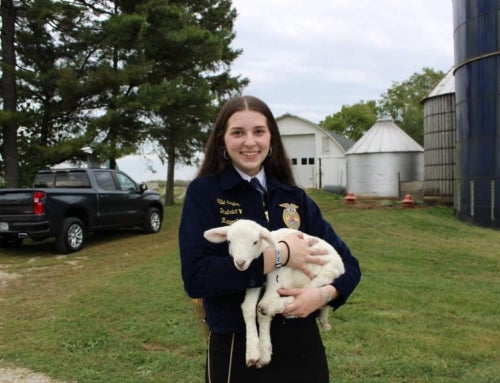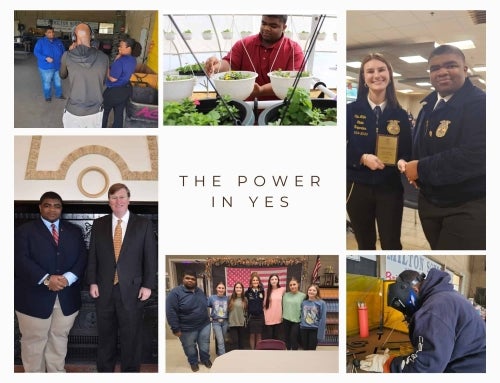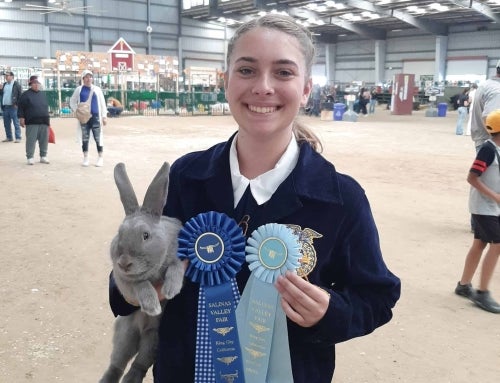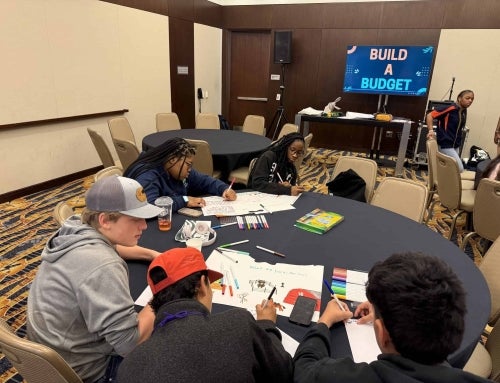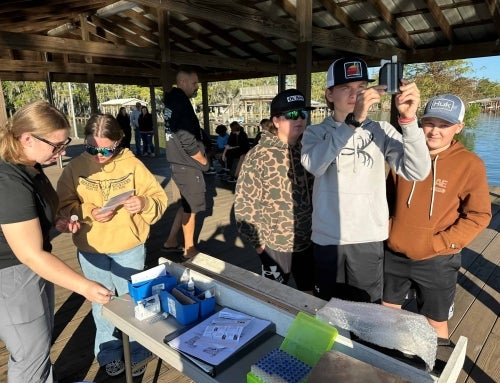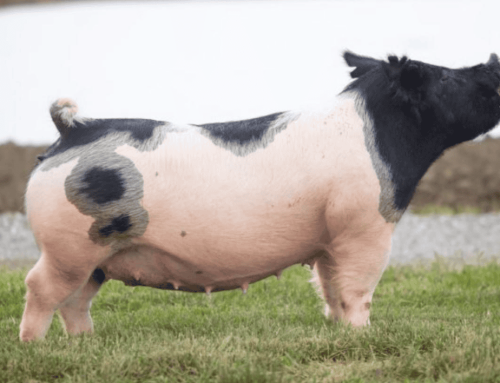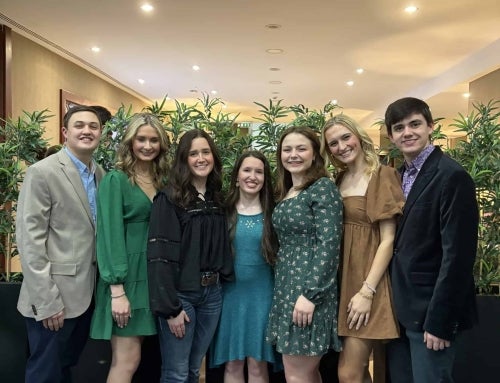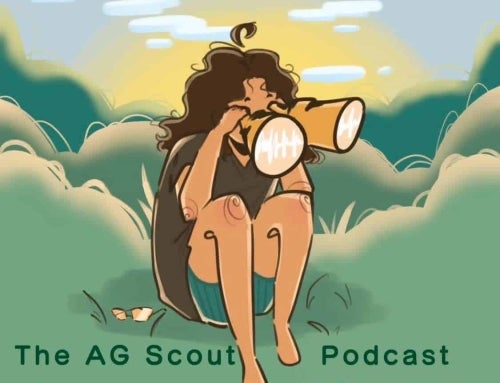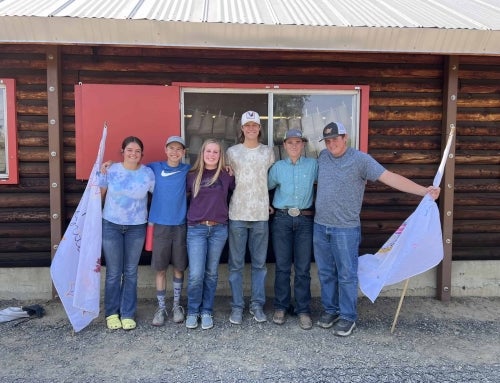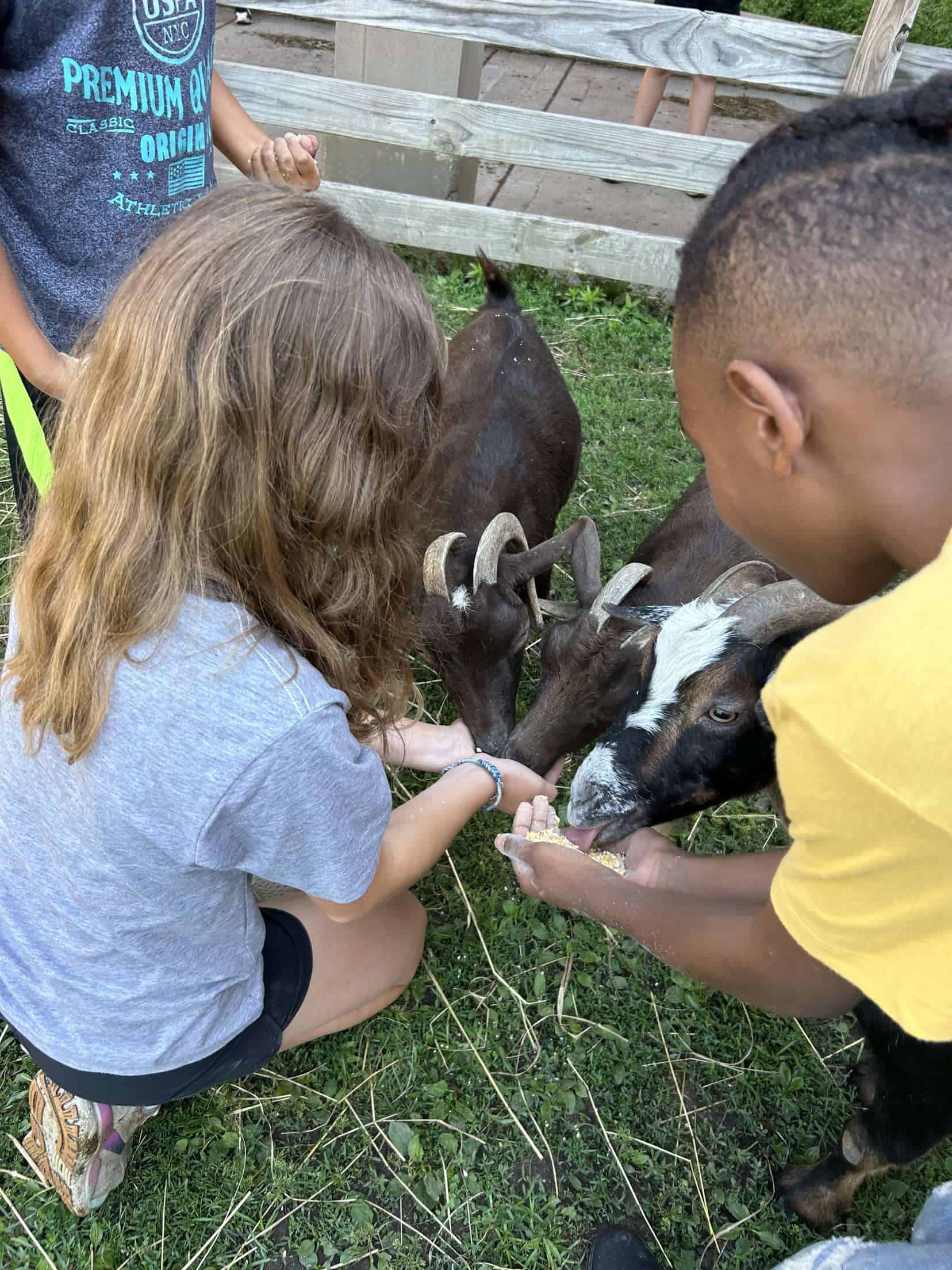
Elizabeth Heenan, a Chicago High School for Agricultural Sciences graduate and FFA member hosted the school’s summer camp for middle schoolers called “AGventures.” Over two weeks, students had the opportunity to explore the campus and learn about various animals, including cows, goats, turkeys, chickens, horses, and alpacas in urban agriculture.
“Most of these kids had never set foot on a farm before, so it was super cool when they asked if they could work more with herding the goats or reading the ear notches on pigs,” Heenan stated.
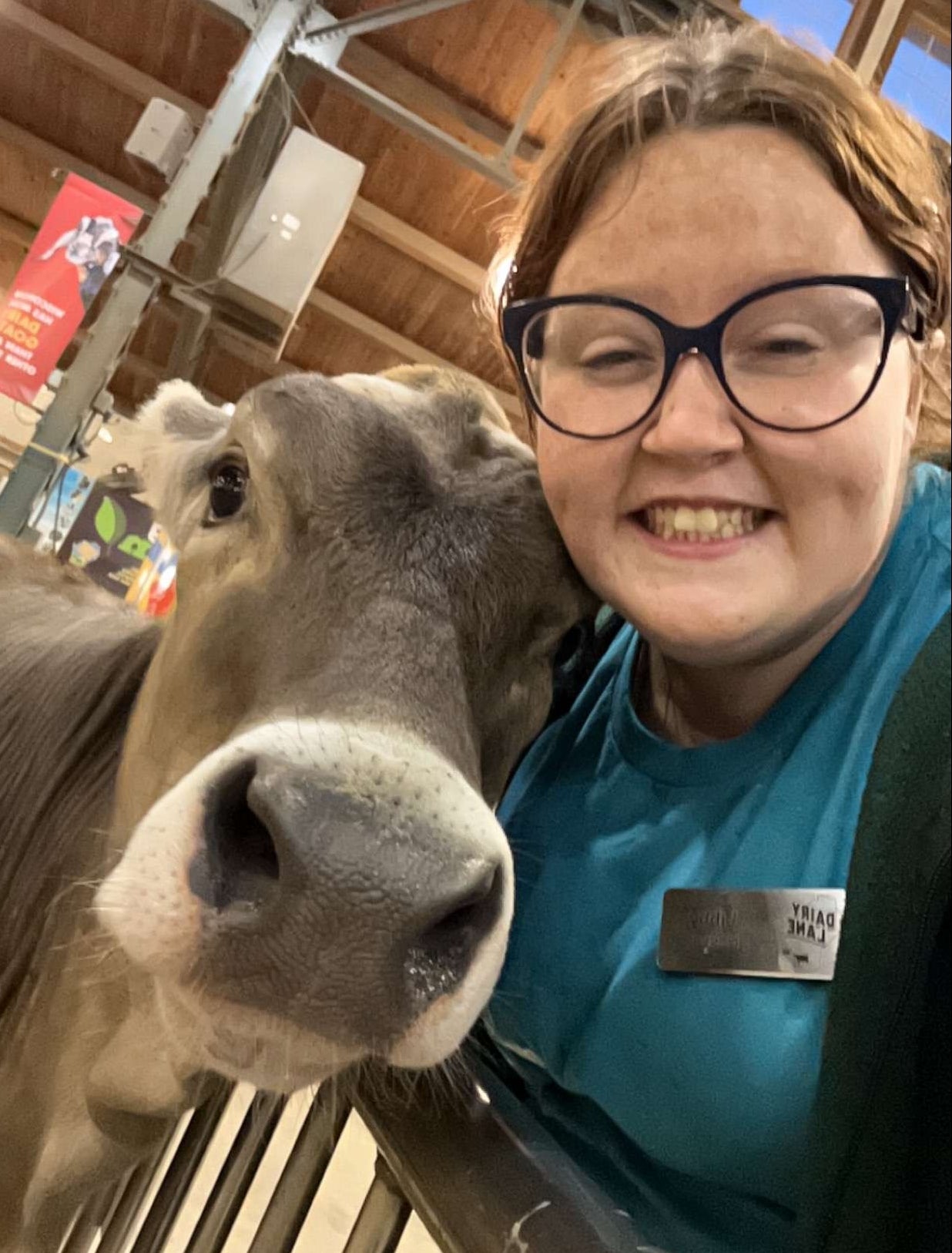
Elizabeth Heenan
Heenan had no idea what agriculture was and had never stepped foot on a farm before attending high school. She quickly developed a strong passion for agricultural education when she started high school. Her goal was to impact the community by promoting agricultural literacy, similar to Chicago Ag’s impact on her. So she decided to create a summer camp for students to learn about the different possibilities and sectors of agriculture. After the summer camp ended, Heenan switched her major from animal science to agricultural education at the University of Nebraska due to her passion for teaching.
Urban Agriculture and Activities
As part of Chicago Ag Sciences FFA, this interactive program sets an example of what urban agriculture looks like and the elements that connect to our everyday lives. Initiatives such as AGventures Summer Camp are crucial when discussing the future of agriculture because this gets the younger generation involved in interacting and learning about this critical industry. Especially for kids in urban areas, it is important to have an agricultural-related program locally to promote agricultural literacy and education.
Throughout the camp, kids performed different chores in the barn, such as alpaca spotting, feeding the classroom pets, collecting eggs, and feeding the goats.
“It just shows that they wanted to be there and learn,” Heenan stated.
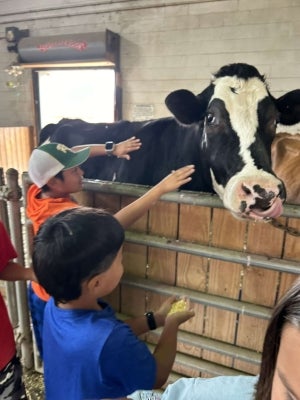
What Was Learned and the Impact
A few students later verified that they were keen on pursuing a profession or studying agriculture. From this experience, students gained hands-on experience in maintaining a barn, feeding animals, understanding different aspects of various animal breeds, and having fun!
“One of my favorite things about the camp was seeing the campers apply what they were learning,” Heenan said.
By week two of this summer camp, the kids knew how to deal with the chickens when collecting eggs, how many cups to feed the cat, and most of the compartments of a cow. It is best to say Heenan has successfully achieved her goal and even garnered new skills.


